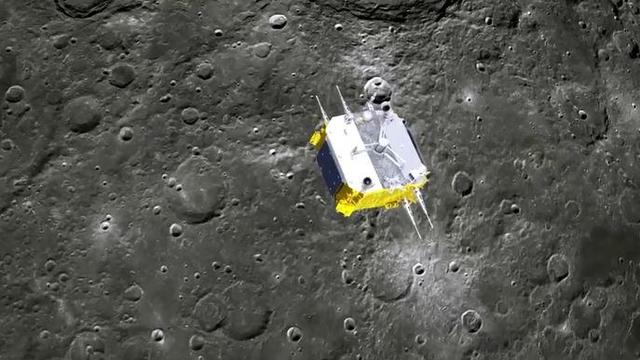
China claims success as lunar probe unfurls flag, collects rock samples
China hails its lunar probe mission as a success after unfurling a Chinese flag on the far side of the moon and collecting rock and soil samples.


China hails its lunar probe mission as a success after unfurling a Chinese flag on the far side of the moon and collecting rock and soil samples.

The British journalist and author of "Midnight in Chernobyl" returns with his exhaustively-researched new book about the 1986 space shuttle disaster.
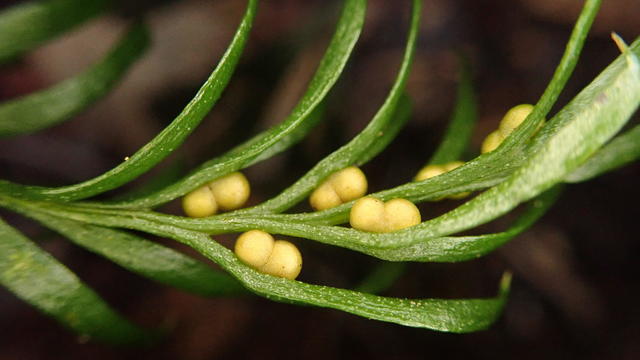
The New Caledonian fern, Tmesipteris oblanceolata, has more than 50 times more DNA packed into the nucleus of its cells than humans do.

The spread of an avian flu virus in cattle has again brought public health attention to the potential for a global pandemic. Fighting it would depend, for now, on 1940s technology that makes vaccines from hens' eggs.
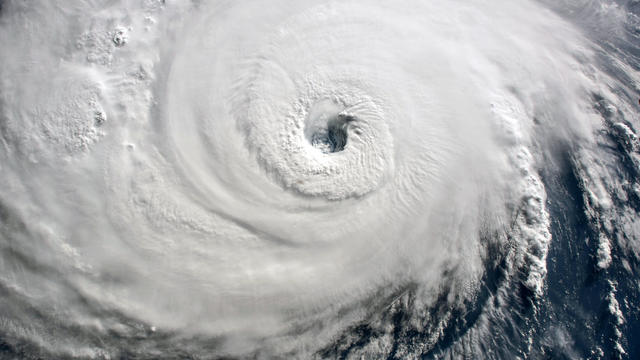
The full list of hurricane names for the 2024 Atlantic hurricane season include Beryl, Joyce and Kirk.
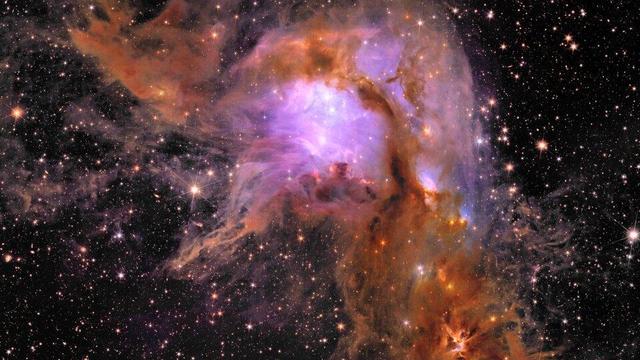
Shining galaxies, a purple and orange star nursery and a spiral galaxy are among the new images.
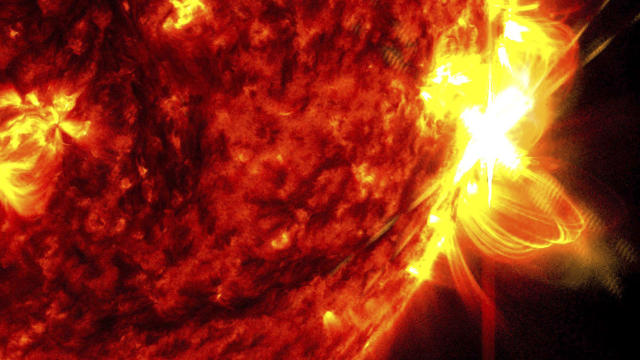
New research indicates the sun's magnetic field originates much closer to the surface than previously thought, a finding that could help predict extreme solar storms.

In California, we learn how the site of past environmental disasters could be a key to America's clean energy future. Then in Florida, we explore restoration efforts to reverse years of devastation in the Everglades. Watch these stories and more on Eye on America with host Michelle Miller.
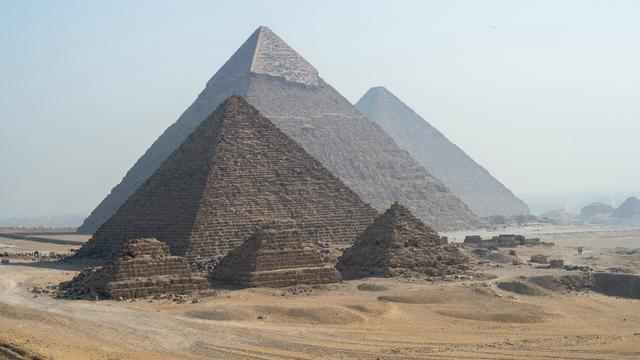
The 40-mile-long river branch, which ran by the Giza pyramid complex, was hidden under desert and farmland for millennia, scientists said.
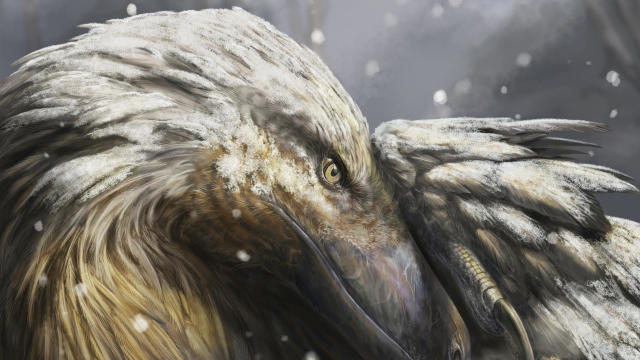
A new study suggests that the first warm-blooded dinosaurs may have roamed Earth about 180 million years ago.


Our website uses cookies to improve your experience. Learn more